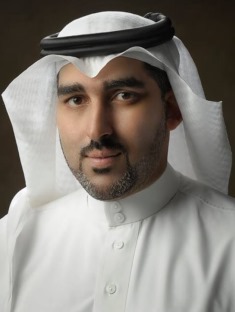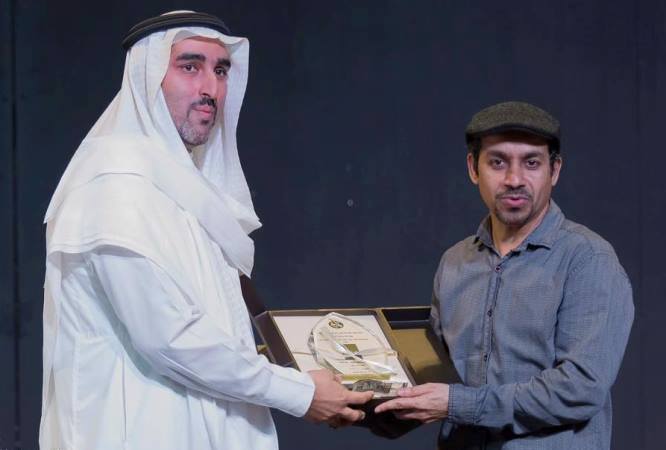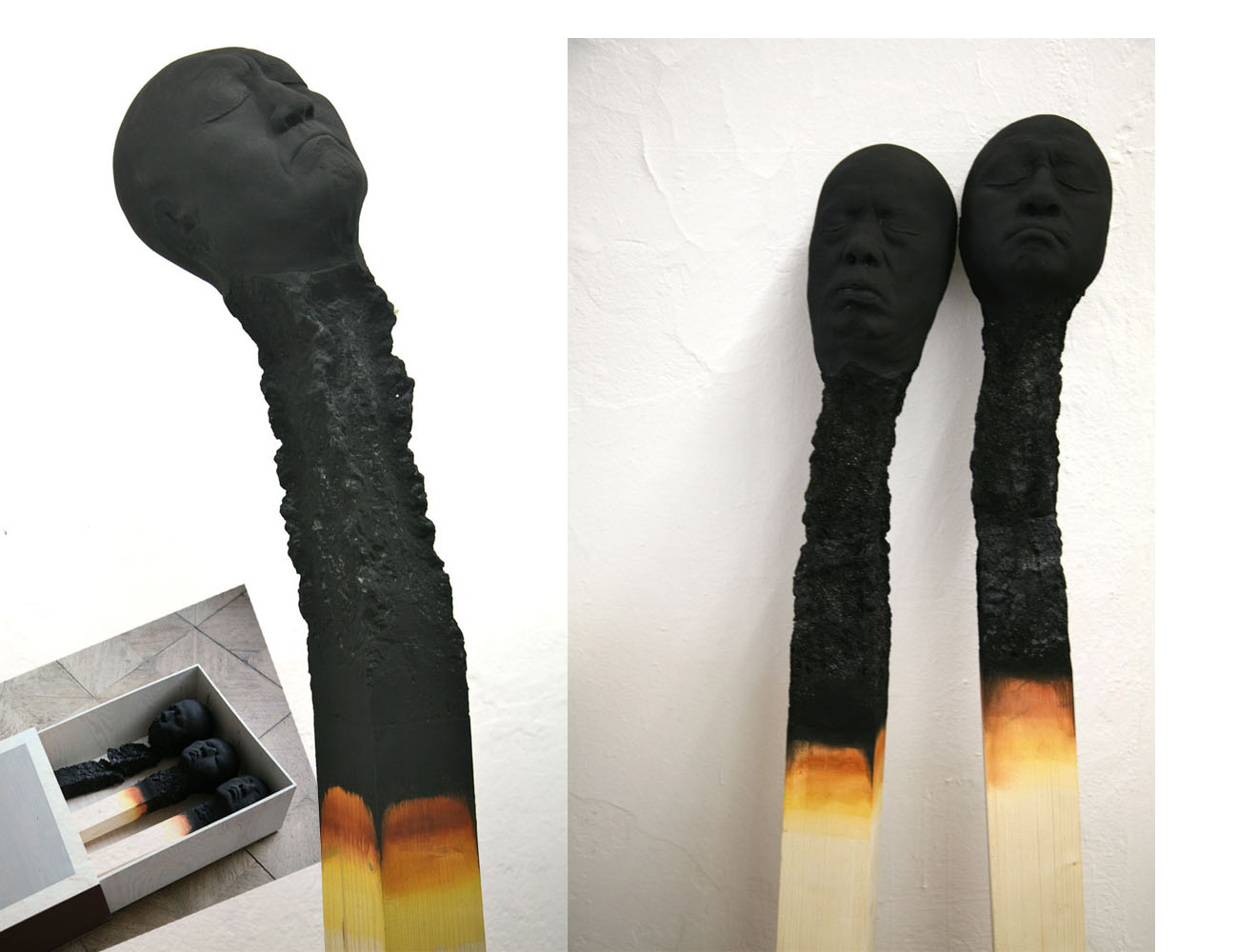Entering Vietnamese house. Interviewed by Poet – Translator Raed Anis Al-Jishi
Entering
Vietnamese house
(Interviewed by Poet – Translator Raed Anis Al-Jishi)

Poet – Translator Raed Anis
Al-Jishi

"Đầu người trên những que diêm" - Wolfgang Stiller
Raed
Anis Al-Jishi: What I need from you is to talk to me about
why do you translate and dose it affect
your poems?
Mai Văn
Phấn: There
are many people talking about translating poetry into other languages. They
compare this with a the bird flying into another dimension and another sky. Or
a seed blooming in strange land. Some even said that this can be considered
like a boat leaving a small river for the vast ocean ... Personally, I do not
take this so simple. I have a viewpoint that although poets live in many
countries and many cultures, poetry always has similar beauty and power. That
power can be considered as the common property of the mankind. But what is called
Poetry is not recognized by everyone, even professional poets. Translations of
poetry is the way for me to verify my poetry in other languages and in other
cultures. When my poetry thrives and flourishes in a different language, it has
an enormous influence with my poetry writing. I can see little and simple but
great things as they belong to the whole humanity. Translation has also made me
more mature and more professional in the poetry writing.
Raed
Anis Al-Jishi:
What are the poems you think that it is
good for Vietnam readers?
Mai Văn
Phấn: About
the most useful poems for Vietnamese readers like us? They are the poems
revealing their aspirations and their happiness, as well as sharing with them their pain and their
losses. But there are higher values I always aim at, which are that the poem
must open to readers a horizon for them to desire and fight for justice,
freedom, compassion and for the magic that they may have never dreamed of or
imagined ...
Raed
Anis Al-Jishi:
Did you find some similarity between Vietnamese poetry and
other countries poetry on ethics and culture?
Mai Văn
Phấn: The
similarity you have just mentioned is the separate dimension of poetry world,
which includes ethics and culture. But there are many points to be discussed in
a wide vision about what is a poetry world, because many people misunderstand
poetry with philosophy or religion. In the world of poetry, the important thing
is that poets need to create a beauty. It is the beauty that creates a light
for every road for people no matter where they are.
Raed
Anis Al-Jishi:
Please take your time in answering my questions
and add anything you think is important for Arab readers to know about you our
your experience in poetry and translation?
Mai Văn
Phấn: My
poetry is always permeated with the spirit of Vietnamese people, from their
history, tradition, customs and mentality of our people. Arab readers reading
my poems seems like entering our Vietnamese house. We, Vietnamese people are
proud and believe that house is hospitable and has its own attractive feature.
Biography
of Raed Anis Al-Jishi
Raed Anis
Al-Jishi a feminist and a human rights poet was born and still live in Qateef,
Saudi Arabia, a city that breathes poetry, where he regularly attend poetry
readings as a member in “Tmaem adbia” a chemistry teacher. He have had one
novel, eight books of Arabic poems published and one in finch (Genèse de la
mémoire passionnée) about the Arab spring and (Bleeding Gull look, feel, fly)
in English.


Tác phẩm "Đầu người trên những que diêm" của Họa sỹ Wolfgang Stiller,
"Đầu người trên những que diêm" - Wolfgang Stiller